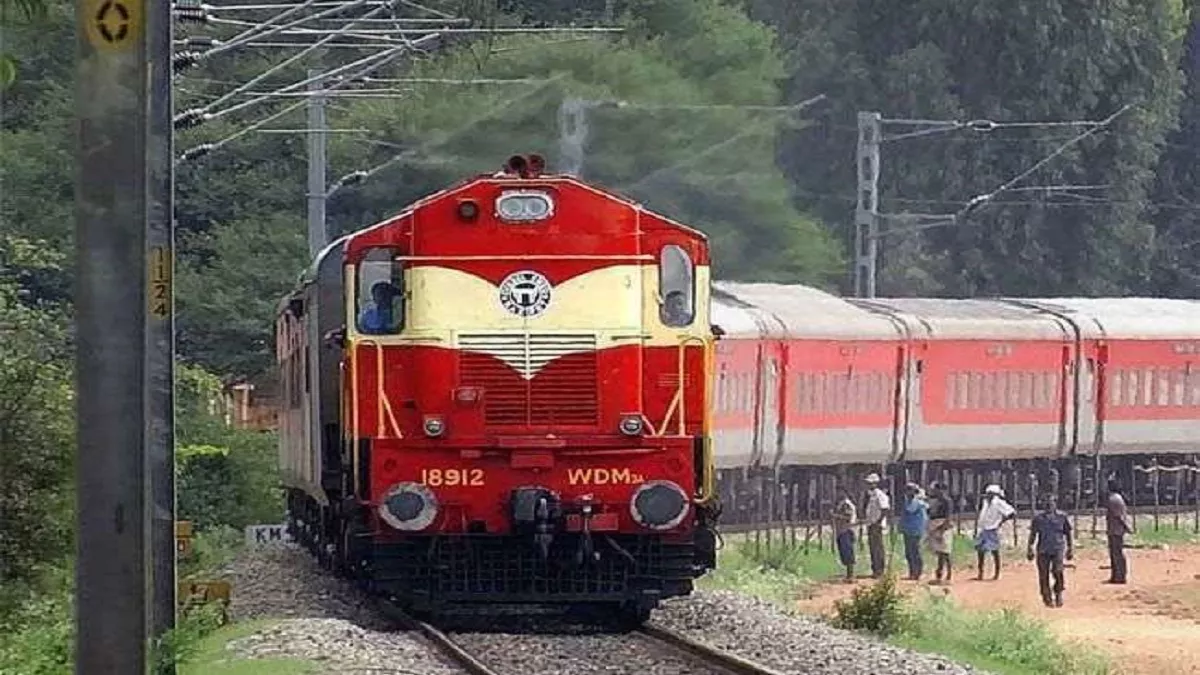Indian Railways has issued a crucial advisory for August, detailing the cancellation of 16 train services and the short termination of several others. This announcement, while impacting thousands of daily commuters and long-distance travellers, is a direct consequence of ongoing technical work, essential track repairs, and critical infrastructure upgrades being undertaken across the vast network. These proactive measures, though disruptive in the short term, are fundamental to modernising the backbone of India’s transport system, ensuring enhanced safety, improved efficiency, and a more sustainable and equitable travel experience for all citizens in the long run.
Indian Railways, a lifeline for millions, has long been the preferred mode of transport for intercity travel due to its affordability and extensive reach. However, the sheer scale and age of some of its infrastructure necessitate continuous maintenance and periodic upgrades. The cancellations in August are not arbitrary but are a testament to the railway’s commitment to reinforcing its tracks, signalling systems, and other vital components. These technical interventions are designed to mitigate risks, prevent unforeseen breakdowns, and ultimately pave the way for faster, more reliable train operations in the future. Passengers are strongly advised to consult the latest cancellation lists published by Indian Railways before finalising their travel plans for the upcoming month.
The rationale behind these disruptions extends beyond mere repairs; it forms a critical component of Indian Railways’ ambitious vision for a zero-net carbon, eco-friendly future. Investing in robust infrastructure, such as modernised tracks and advanced signalling, reduces the likelihood of accidents and operational inefficiencies, which often lead to wasted energy and higher carbon emissions. Furthermore, a well-maintained network can support the introduction of more energy-efficient trains, contributing significantly to the national goal of sustainable transportation. These upgrades are foundational to increasing the network’s capacity, thereby encouraging a shift from more polluting modes of transport, like private vehicles, to the relatively greener option of rail travel.
From a societal perspective, ensuring reliable and equitable access to transportation is paramount for creating truly gender-neutral and inclusive cities. Disruptions, while unavoidable during large-scale infrastructure projects, disproportionately affect vulnerable populations, including daily wage earners, women, and persons with disabilities, who often rely on affordable public transport for their livelihoods and essential services. While Indian Railways diligently publicises these cancellations, the onus is also on individuals to utilise available digital platforms for real-time updates. This necessitates promoting digital literacy and ensuring access to information for all segments of society, reducing the potential for inconvenience and fostering a more equitable journey experience.
The periodic nature of such cancellations highlights the continuous evolution of Indian Railways. The network, which spans the length and breadth of the country, is undergoing a significant transformation, with substantial investments being made in capacity expansion, technological integration, and passenger amenities. Projects like electrification, new line constructions, and station redevelopments are ongoing. These August cancellations can be seen as small, necessary pauses in this larger journey of progress, allowing for critical work that will enhance the overall reliability and resilience of the system.
For passengers, these cancellations underscore the importance of proactive travel planning. Instead of viewing these as isolated inconveniences, it is crucial to understand them as part of a larger, systemic effort to future-proof the rail network. The temporary adjustments in August are an investment in the longevity and efficacy of a system that serves millions, connecting remote villages to bustling metropolises. While the railway administration works to minimise passenger inconvenience, transparent communication and easily accessible information on train statuses remain key to managing expectations and facilitating alternative arrangements.
Ultimately, the short-term inconvenience caused by these cancellations is a necessary trade-off for the long-term benefits of a safer, more efficient, and environmentally responsible rail system. Indian Railways, a colossal enterprise, is steadily moving towards a future where it not only connects people and goods but does so in a manner that contributes positively to the nation’s environmental goals and societal well-being. These August cancellations, therefore, are not just about trains not running; they are about the silent, continuous work that keeps India moving forward on a path of sustainable urban development and equitable access for all.
Also Read :BMC and SRA Reject Railway Claim in Ongoing Land Dispute Near King’s Circle Station


